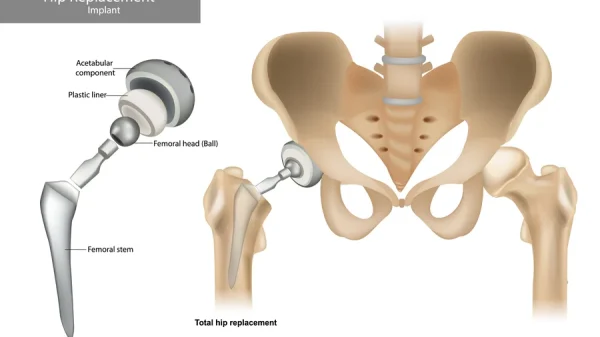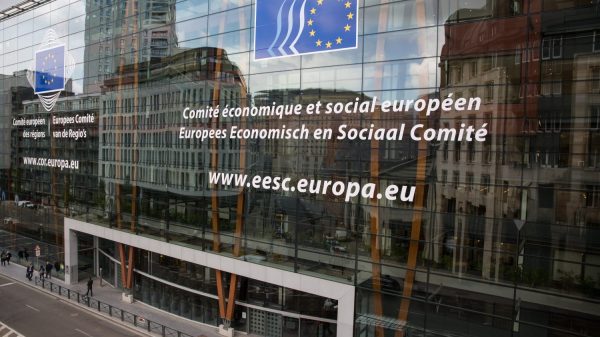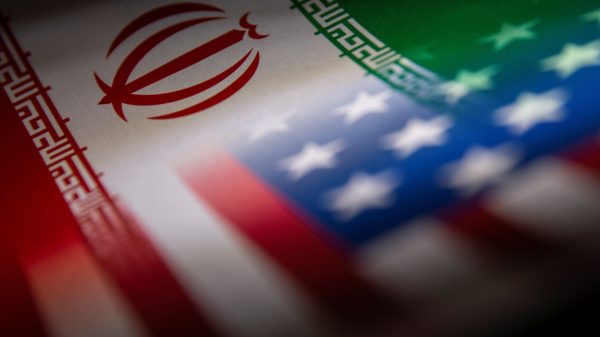While European leaders remain deeply engaged with the war in Ukraine and tensions in the transatlantic alliance, threats are brewing at Europe’s doorsteps – writes Cristian Gherasim.
The war in Sudan, the horrific humanitarian disaster unfolding there together and the rising threat of fundamentalist groups at Europe’s doorstep are just a handful of crises that can have significant spillover dangerously affecting EU’s security . Add to that dramatic turn of events in the Middle East and you will have a concoction that could easily be taken advantage of by those trying to undermine the Europe Union and its security interests.
What is happening on the doorstep of Europe isn’t just a local problem – the terrorist threat and the dangerous alliance
The horrendous killings, executions and massacres committed in Sudan should be good enough reason for ending the war, but its implications go far beyond that. A destabilized Sudan creates favorable conditions for extremism to rise. Israeli news have been reporting about plans by proxies, under the influence of Iran to rebuild and revive Hamas in Sudan. Over the past years there have been suspicions that the Sudanese army is collaborating with Hamas on various aspects.
The alleged ties between the Sudanese army general Abdel Fattah al-Burhan and extremist organizations such as Hamas and the Muslim Brotherhood- with its growing European influence -are driven by plans to revive and ally themselves with extremist and fundamentalist groups according to Israeli media. There are claims that Iran has recently increased its supply of advanced weapons to the Sudanese army.
Israeli media reports suggest that Sudan is becoming a new front in Iran’s regional strategy, potentially transforming into a launch-pad for Iranian-backed operations against Israel and the West. Iran’s growing influence in Sudan is palpable with an attempted deal to exchange a Iranian warship for access port Sudan which according to international media didn’t come through.
As the Sudanese Army is allegedly looking to rebuild Hamas the country’s local politics is in tatters. Prime Minister Kamel Idris’s plan to form a technocratic government is opposed by various groups that signed the Juba Peace Plan, a plan which could have put an end to hostilities in Sudan. Such disagreements are threatening to destabilize the country even further and the entire region with it, throwing even more the Sudanese Army under Teheran’s influence.
A potential alliance between Teheran, the Muslim Brotherhood and a revived Hamas could spell trouble for Europe. This would mean that Sudan is no longer an isolate civil war, but a battleground where various groups are vying for power and that could pose a serious risk not only to the region but European Union at large.
The violence in Sudan may obstruct important maritime passages and disrupt the movement of goods between Europe and Asia, and specifically the global maritime oil trade, endangering global energy security. The Red Sea could come under Iranian control that could further disrupt global trade routes and energy supplies.
The migration effect, contraband and security risks to Europe
Another problem brought by the ongoing chaos in Sudan, is that of illegal migration. As representatives of the military were absent during peace talks, cease fire negotiations remain dormant and the humanitarian crises would only grow. People are fleeing war increasing also migratory pressure.
Irregular migration can be connected to various other criminal activities and security risks with migrations routes being used by smugglers to get people across Western Balkan countries and into the EU. For example the Western Balkans has been part of a route through which smuggled goods especially cigarettes into Western Europe. Counterfeit and contraband tobacco products on the market represent a bigger health hazard than regulated tobacco with the European Union losing billion each year in public funds.
Increased contraband activities means porous borders with all of its implications both for EU and NATO, criminal activities, as well as lost money and a health and social hazard.
Actions EU can take
Europe needs to be realistic about the threats happening on its Southern border. From war, to migrations , to illicit trade, the EU has the diplomatic tools and financial leverage to deals with this issues if acted upon early.
Sudan is a gateway to Africa for the EU. Humanitarian aid, support for civil society, incentives for immediate peace talks are leverages EU can use to bring a stop to the war.
The extremist groups could be counteracted by investing in creating a functioning civil society as well as developing the tools. Investing in prevention back home can mean better integrating immigrant communities as radical ideas feed on alienation. Europe would need to work together with Israel and the United States to better counteract the threat that an alliance between remnants of Hamas, Muslim Brotherhood and Sudanese Army will surely pose.
Illicit trade is also something EU can act upon by securing its borders and by internal actions taken by member states.
Times is of the essence as things progress at a very rapid pace. With a war raging next door, with high tensions in the Middle East and a strained relationship with the United States, a botched job at intervening in its immediate neighborhood could spell chaos for EU’s interests.























